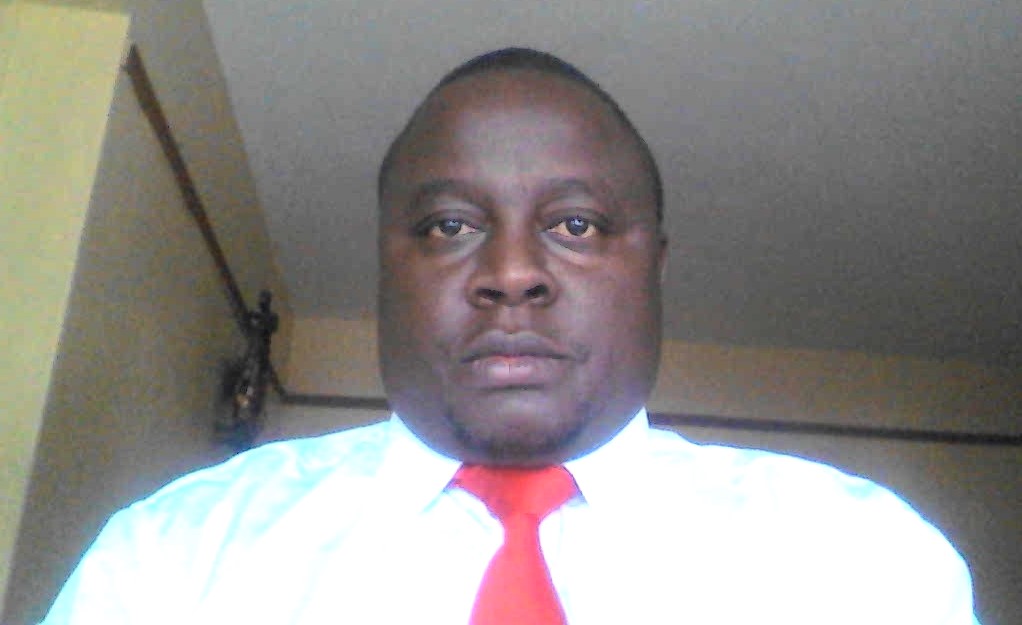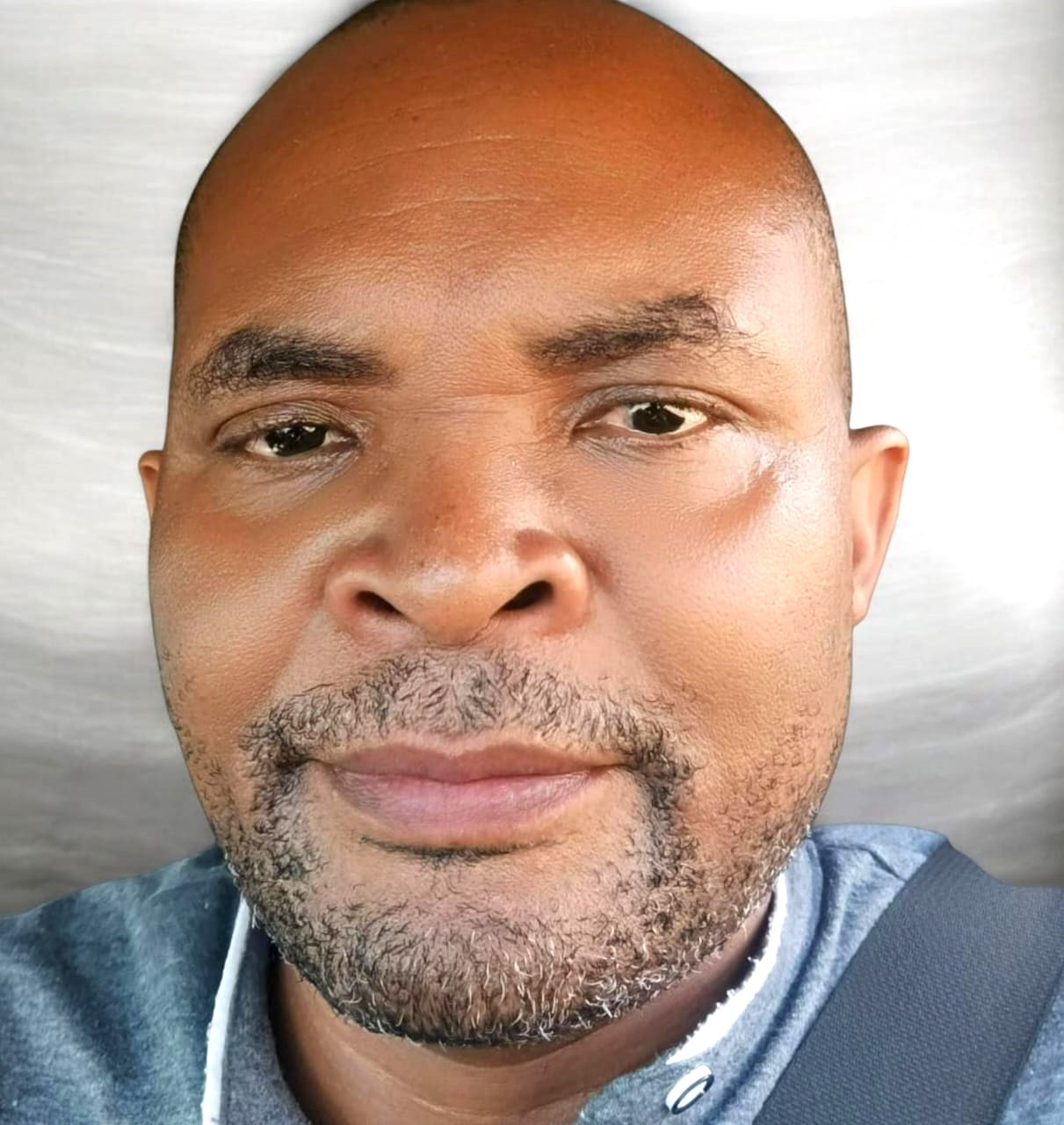Kenya has, over the years, rightly invested in education, ensuring that its youth are well-educated and equipped with the necessary skills to contribute meaningfully to society.
With a majority of the population being under 35 years old, its greatest asset lies in its youthful and educated citizens.
However, as the nation transitions into the Competence-Based Curriculum (CBC), there is a growing concern that Literature and the Arts are being relegated to the background, and unsettling official efforts are enabling the overshadowing of this crucial arm of learning by prioritizing STEM (Science, Technology, Engineering and Mathematics) subjects.
While CBC rightly focuses on life skills, critical thinking and problem-solving – essential attributes for the contemporary workforce – it is crucial not to neglect the importance of an all-rounded education.
The previous 8-4-4 system, flawed as it may have been, made an attempt to produce graduates who were not only specialists in their chosen fields but also well-versed in the arts and humanities and had a background and general understanding of the universe. This approach allowed for a more holistic development of individuals, fostering creativity and a broader perspective.
It is important for learners to specialize in their core studies, but given the interconnectedness of the modern world and the dynamic nature of learning, there is a need to ensure continuous learning that goes beyond the specificities of one’s profession.
Look around the world. Many artists have wowed the world with great literary and other artistic works yet not all specialized in the Arts in school. One of the greatest writers in Kenya will remain the late Yusuf Dawood, who not only bagged the country’s most prestigious literary award – the Jomo Kenyatta Prize for Literature – but also wrote a well-liked column in one of the country’s daily newspapers.
How many more Dawoods could be out there and whose dreams may be getting stifled by a bias against the Arts? Had Dawood, a Surgeon by profession, solely focused on Sciences, he may not have cultivated the creative and literary appreciation that propelled him to become a world-renowned writer. The intersection of STEM and the Arts is not a hindrance but a catalyst for innovation and original thinking.
We also have musician Nameless, an artist who studied architecture, exemplifying the symbiotic relationship between the Sciences and the Arts. The ability to bridge these seemingly disparate fields not only enriches the individual but also contributes to a society that values diverse talents.
As the country grapples with the scourge of youth unemployment, it is imperative to recognize the potential of the creative economy in providing viable solutions. The creative industry, encompassing Literature, Music, Film and Visual arts, has the capacity to absorb a significant portion of the burgeoning youth population.
To harness this potential, the government must ensure that schools are adequately supplied with storybooks, novels, and other creative materials.
Under the government’s education materials procurement system, there should be a deliberate effort to prioritize the inclusion of creative works in the education system. By doing so, we nurture creativity from a young age, fostering an environment where the next generation of Kenyan innovators is equipped not only with technical skills but also with the ability to think critically and imaginatively.
In a word, it is vital to strike a balance between STEM subjects and the Arts. A well-rounded education system that encourages creativity will not only produce job-ready graduates but also empower them to navigate the challenges of an ever-evolving global economy. It is time to recognize and invest in the creative potential within our education system, ensuring that Kenya’s youth are not just prepared for jobs but are also equipped to create them in the burgeoning creative economy.
By Henry Munene
The writer is a freelance editorial and publishing consultant; henmunene@gmail.com
Get more stories from our website: Education News
To write to us or offer feedback, you can reach us at: editor@educationnews.co.ke
You can also follow our social media pages on Twitter: Education News KE and Facebook: Education News Newspaper for timely updates.
>>> Click here to read more informed opinions on the country’s education landscape






